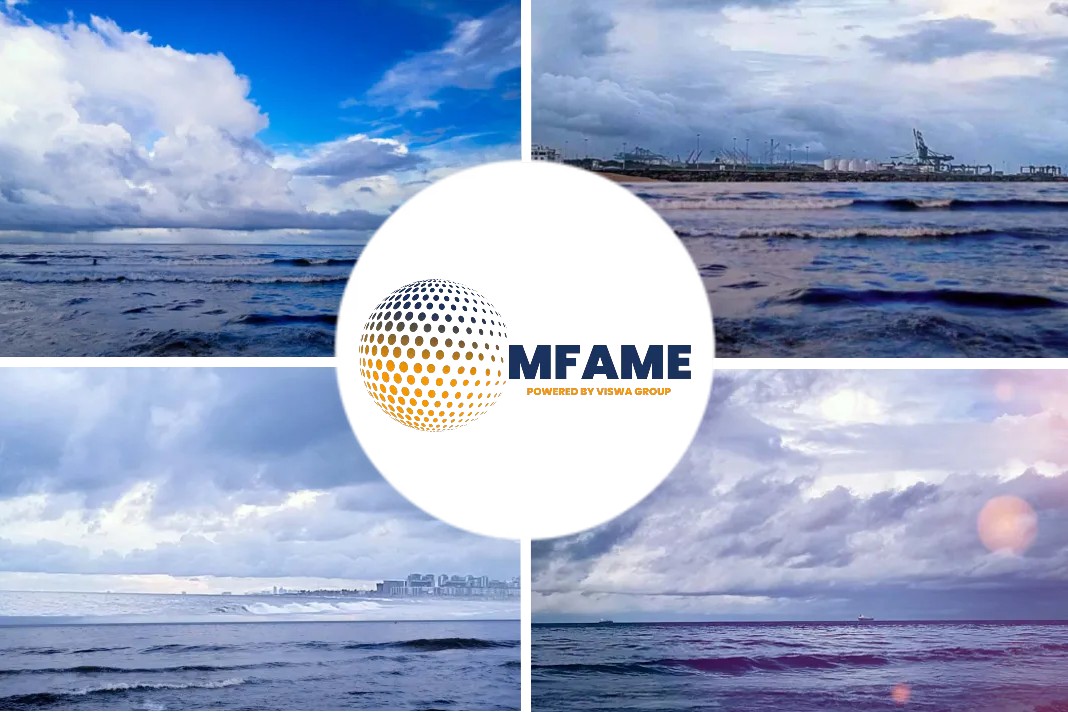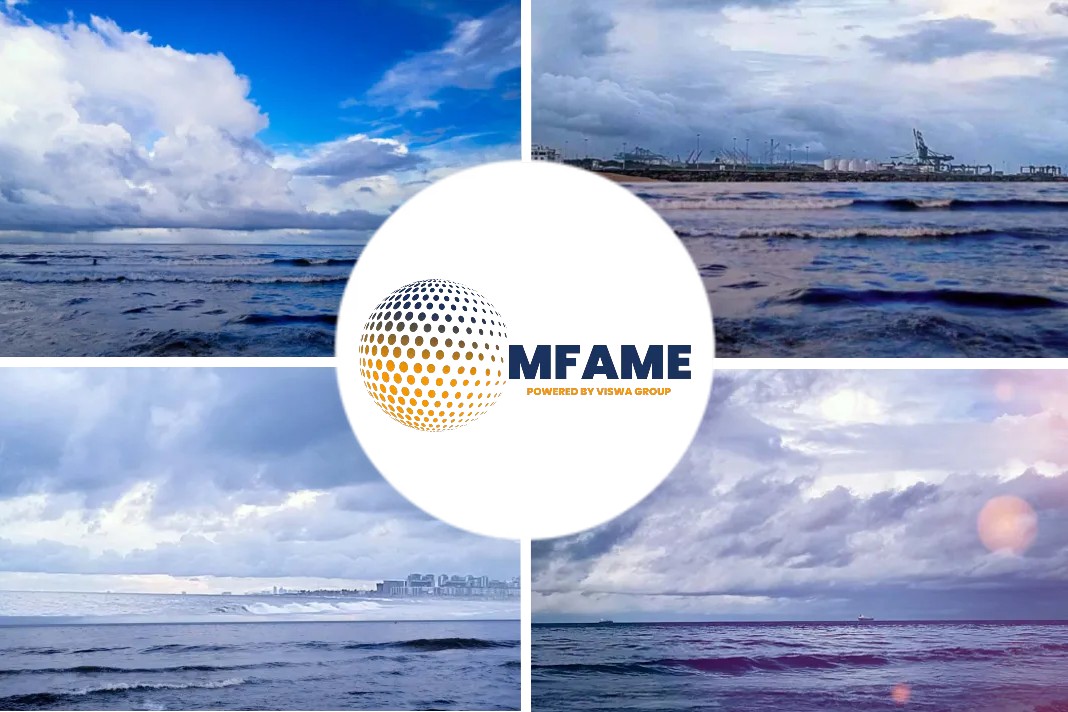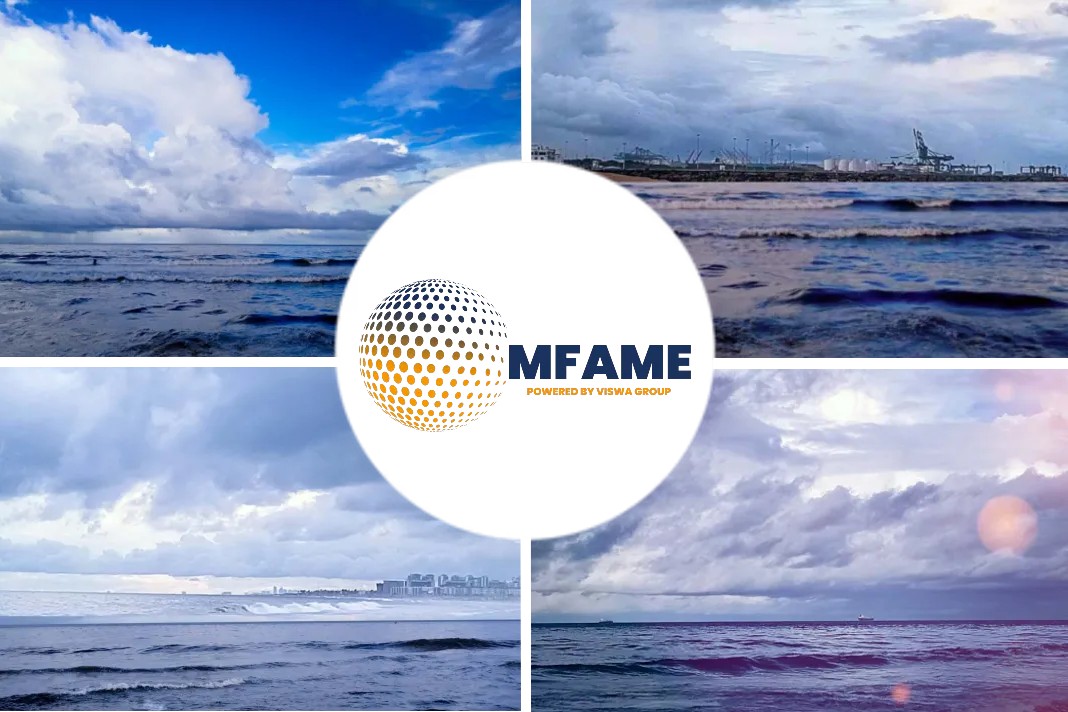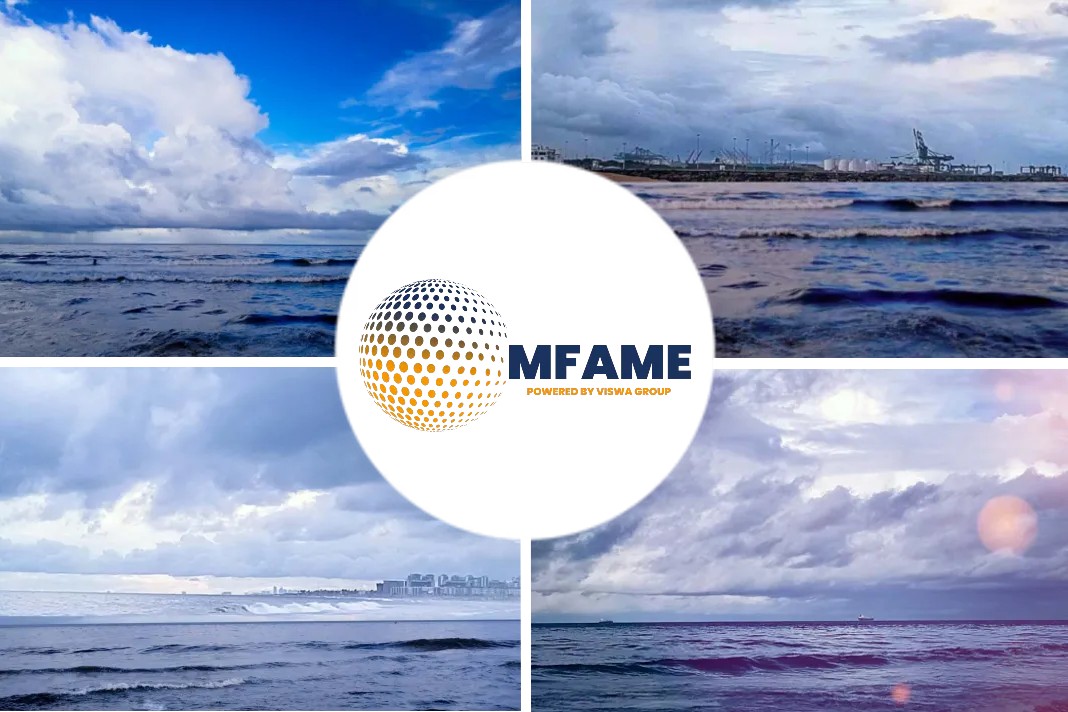- Hapag-Lloyd Cruises has planned to switch over to low-pollutant MGO from July 2020 in an effort to cut total sulphur emissions by 80%.
- It has voluntarily committed to using MGO with less than 0.1% sulphur content to operate its three classic cruise ships and three new expedition ships.
- In addition to reducing sulphur emissions, switching the fuel will also cut soot and particulate emissions by up to 30%.
According to an article published in Cruise and Ferry, Hapag-Lloyd Cruises has planned to run all of its luxury and expedition cruise ships on low-pollutant marine gas oil (MGO) from July 2020 in an effort to cut total sulphur emissions by 80%.
Voluntary commitment towards the environment
The company, which stopped using heavy fuel oil in the Arctic of its own volition in 1993, has voluntarily committed to using MGO with less than 0.1% sulphur content to operate its three classic cruise ships and three new expedition ships. In addition to reducing sulphur emissions, switching the fuel will also cut soot and particulate emissions by up to 30%.
Adherence to strict standards
“With our years of expertise in the luxury and expedition segment, we set the highest standards in the industry with our ships and are committed to adhering to strict environmental protection standards,” said Karl Pojer, CEO of Hapag-Lloyd Cruises. “Already we have made significant progress in this context and never stop working to improve even further. These efforts have taken us far beyond the minimum statutory requirements. The decision not to use heavy fuel oil is a significant step towards operating environmentally conscious cruises and an important investment in our future.”
Selective catalytic reduction systems
Hapag-Lloyd Cruises will also ensure that all ships sail at an average speed worldwide to decrease fuel consumption by 30%. The newest ships – Europa 2 and the three expedition vessels – are compatible with cold ironing and have been equipped with selective catalytic reduction systems, which clean exhaust gases and lower nitrogen oxide emissions by up to 95%. They also have seawater desalination technology to produce clean water, biological sewage treatment plants and bow thrusters and stabilizers that run on environmentally friendly bio-petroleum.
“I believe that travel is immensely valuable and an important means of developing an understanding of the world,” said Pojer. “Cruising with Hapag-Lloyd Cruises means understanding nature better, coming face-to-face with it and even feeling a sense of humility before it.”
Did you subscribe to our daily newsletter?
It’s Free! Click here to Subscribe!
Source: Cruise&Ferry















